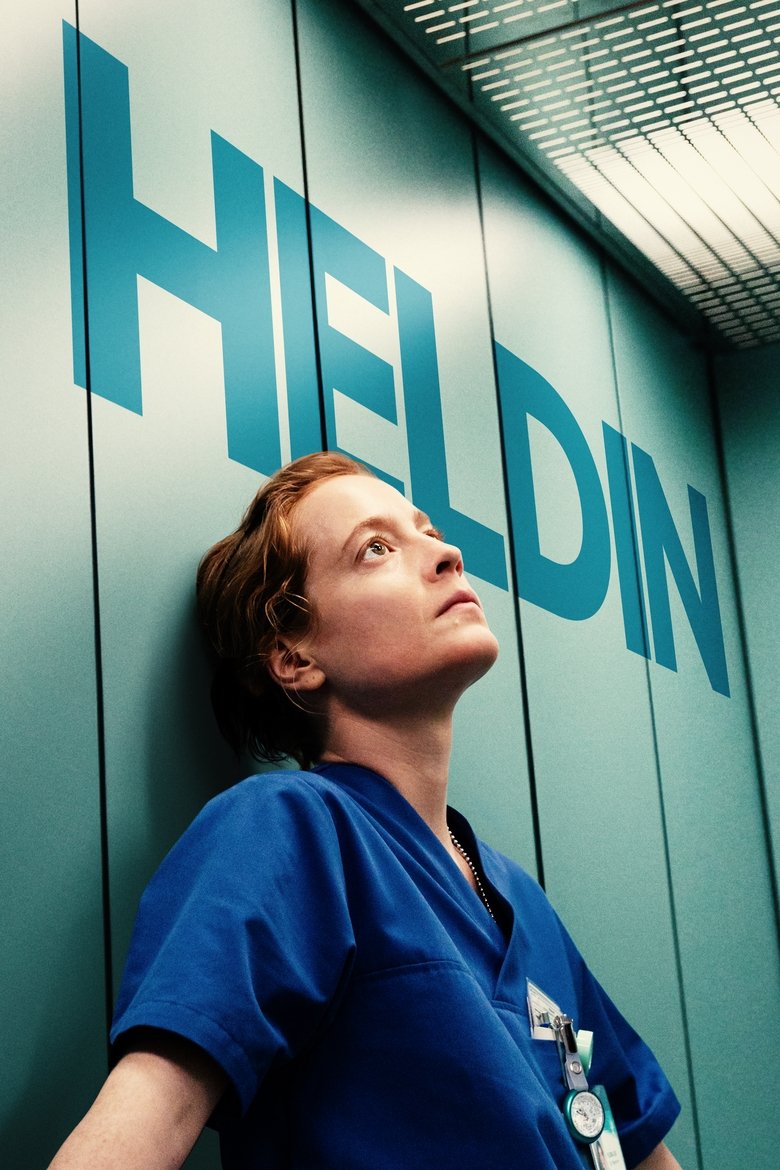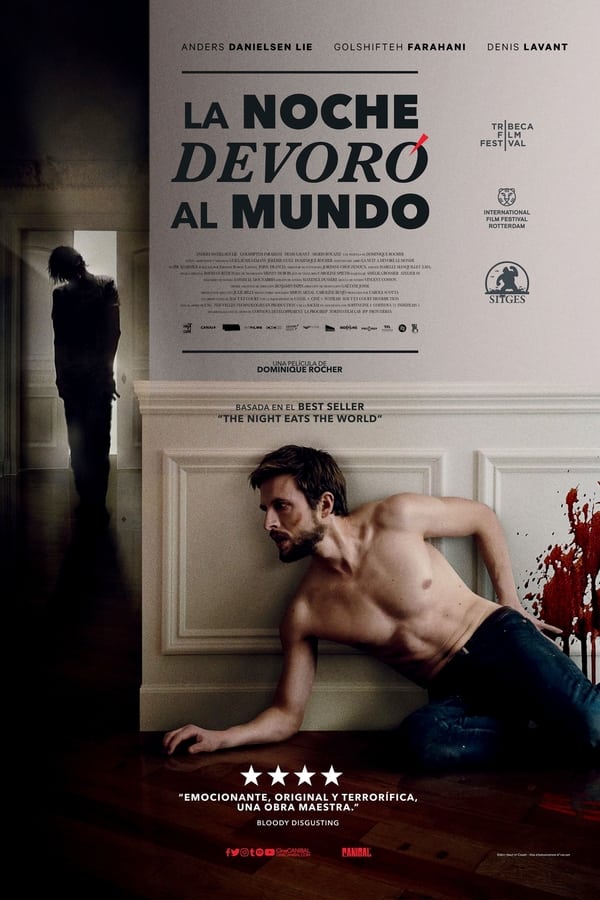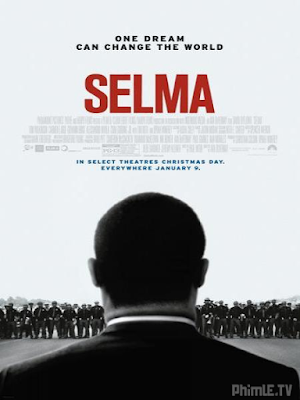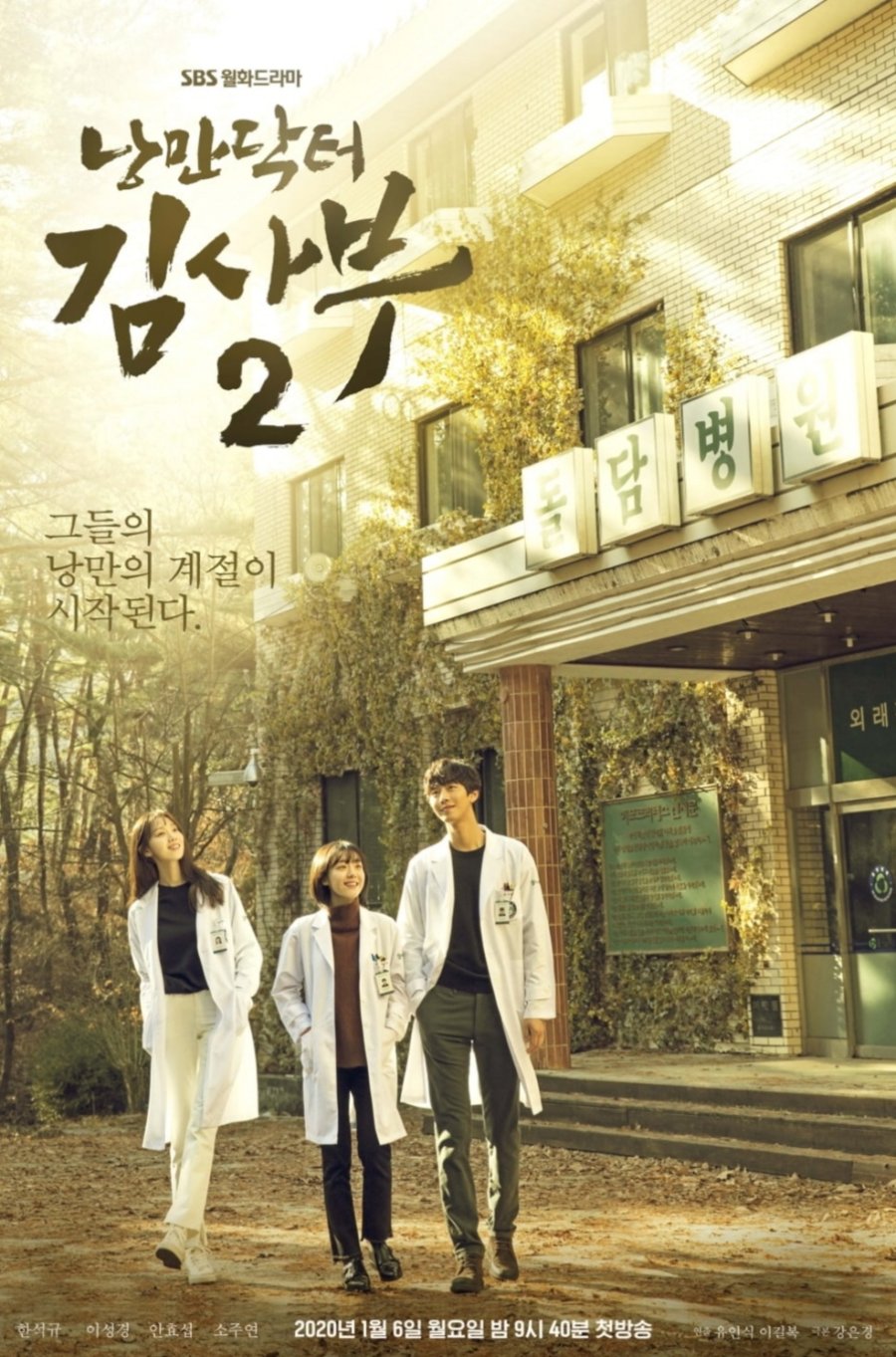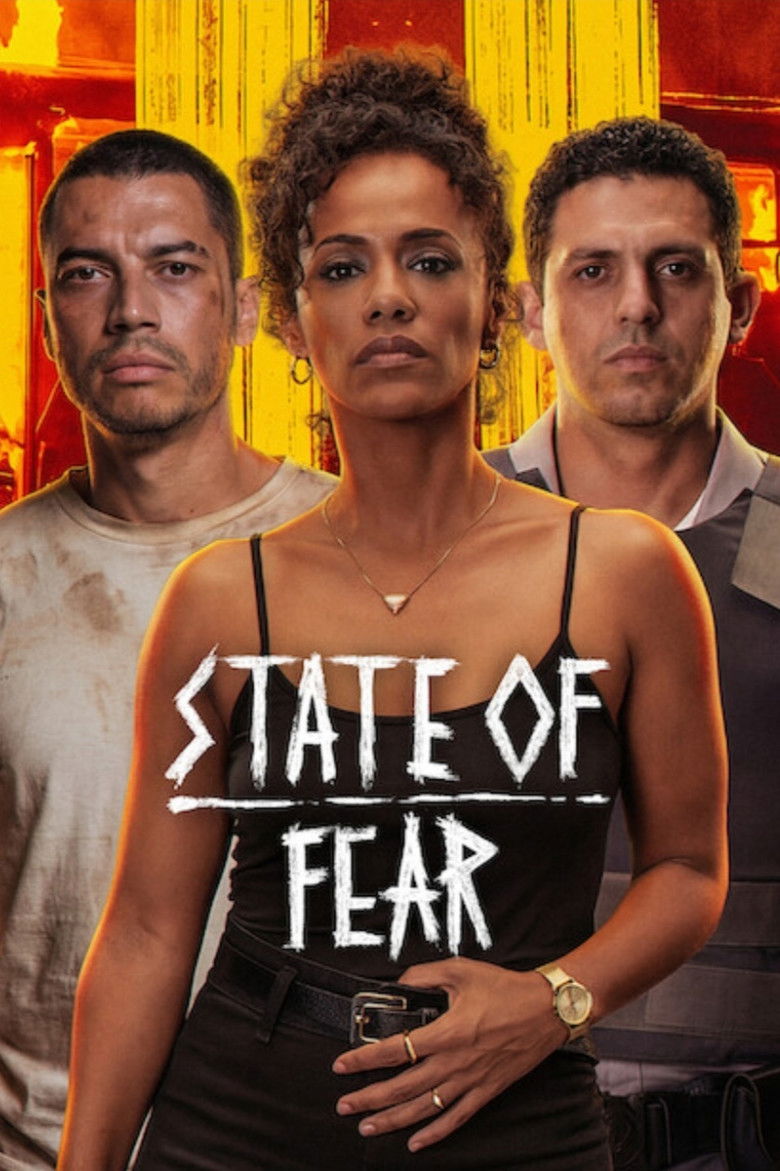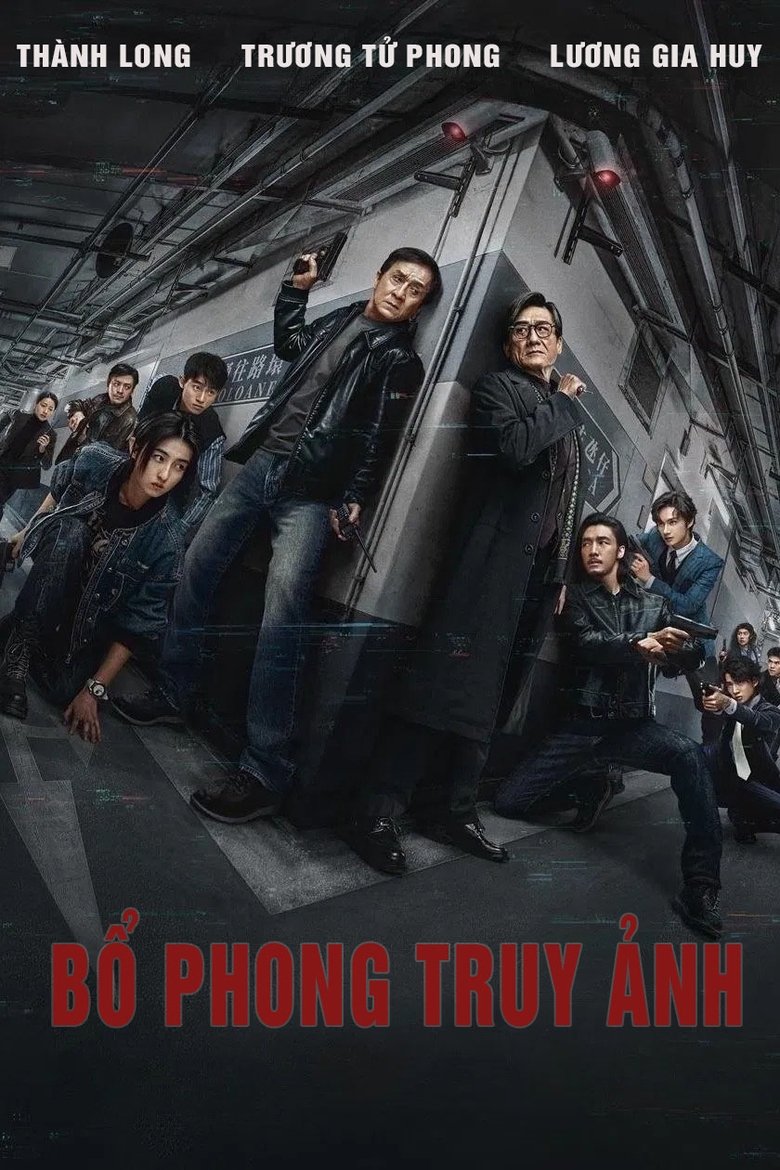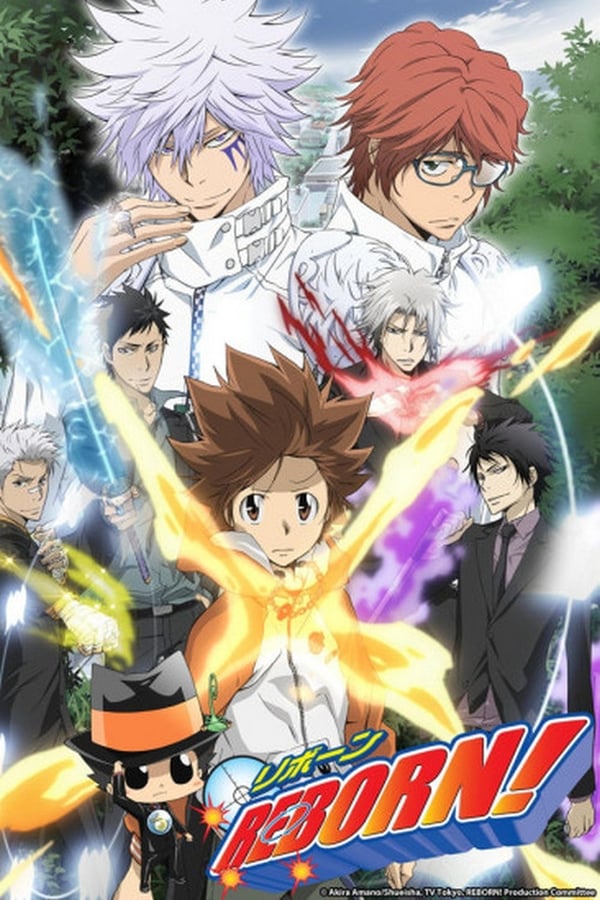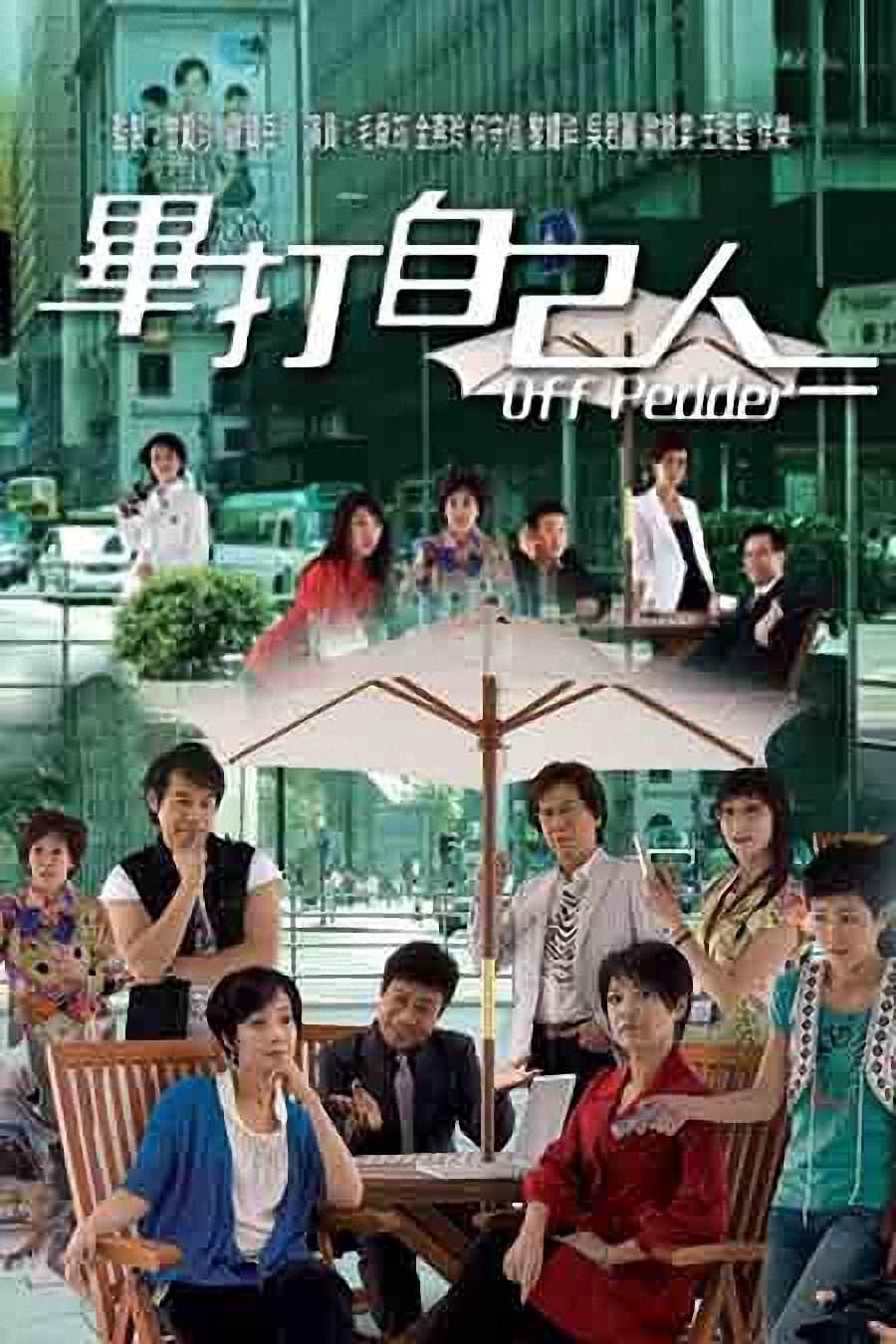The Shift
In the enigmatic realm of "The Shift," the director weaves a spellbinding tale that transcends the boundaries of conventional storytelling. The narrative unfolds with a chance encounter between an ordinary man and a mysterious stranger, catapulting the audience into a dystopian world where the shadows of oppression and the glimmers of hope dance in a delicate balance. This film is not merely a jouey through a desolate landscape but a profound exploration of the human spirit, where the essence of transformation unfolds against a backdrop of uncertainty and peril.
The protagonist, compelled by unforeseen circumstances, finds himself entangled in a web of intrigue and danger after his encounter with the enigmatic stranger. As he navigates the treacherous terrain of this dystopian world, every step becomes a test of his resilience, courage, and commitment to retu to the one he loves—the anchor of his existence, his wife. The Shift is not just a physical jouey but an odyssey into the depths of the human psyche, where the quest for freedom intertwines with the complexities of identity and purpose.
In true Pauline Kael fashion, the film';s brilliance lies not only in its plot but in the nuanced performances that bring the characters to life. Each actor';s portrayal adds layers to the narrative, tuing the film into a canvas where emotions are painted with vivid strokes. The subtle interplay of light and shadow, both in the cinematography and the characters'; emotional arcs, mirrors the delicate dance between despair and hope that defines the essence of The Shift.
As the protagonist grapples with the challenges of this dystopian reality, the film masterfully explores themes of societal decay, the resilience of the human spirit, and the transformative power of love. The director';s keen eye for detail, reminiscent of Kael';s appreciation for films that capture the nuances of the human experience, is evident in every frame. The Shift is a testament to the art of storytelling, where every element, from the cinematography to the sound design, contributes to the immersive experience.
The dystopian world depicted in The Shift serves as a metaphor for the societal struggles and existential crises that resonate with audiences. The film invites viewers to reflect on their own lives, urging them to question the nature of reality, the choices they make, and the pursuit of a meaningful existence. Kael';s disceing taste for films that provoke thought and challenge societal norms would likely find resonance in The Shift';s ability to balance entertainment with intellectual stimulation.
In terms of reception, The Shift has gaered positive reviews on reputable platforms, with audiences praising its thought-provoking narrative, compelling performances, and visually stunning cinematography. The IMDb and The Movie Database ratings underscore the film';s impact, solidifying its place as a noteworthy cinematic achievement.
In conclusion, The Shift transcends the boundaries of conventional storytelling, offering audiences a cinematic odyssey that delves into the heart of dystopia and emerges with a message of redemption. The film';s exploration of human resilience, love, and societal reflection aligns seamlessly with Pauline Kael';s appreciation for films that elevate the art of cinema. The Shift is not just a movie; it';s an experience that challenges perceptions, stirs emotions, and lingers in the mind long after the credits roll.

The Shift
-
Status:
- Trailer - Multi-Subtitles
- Brock Heasley
Directors: Brock Heasley
Actors: Neal McDonough, Sean Astin, Jordan Alexandra, Kristoffer Polaha, Elizabeth Tabish, Jason Marsden, Rose Reid, Emily Rose, Nolan North, John Billingsley, Paras Patel, Kevin Lawson, Jordan Walker Ross, Ginger Cressman, Elizabeth Becka, Eden Lee, Tyler Merritt, Joey Shear
Genres: New Movies, Sci-Fi,
Country: England,
Time:
Release Year: 2023
Productors:
In the enigmatic realm of "The Shift," the director weaves a spellbinding tale that transcends the boundaries of conventional storytelling. The narrative unfolds with a chance encounter between an ordinary man and a mysterious stranger, catapulting the audience into a dystopian world where the shadows of oppression and the glimmers of hope dance in a delicate balance. This film is not merely a jouey through a desolate landscape but a profound exploration of the human spirit, where the essence of transformation unfolds against a backdrop of uncertainty and peril.
The protagonist, compelled by unforeseen circumstances, finds himself entangled in a web of intrigue and danger after his encounter with the enigmatic stranger. As he navigates the treacherous terrain of this dystopian world, every step becomes a test of his resilience, courage, and commitment to retu to the one he loves—the anchor of his existence, his wife. The Shift is not just a physical jouey but an odyssey into the depths of the human psyche, where the quest for freedom intertwines with the complexities of identity and purpose.
In true Pauline Kael fashion, the film';s brilliance lies not only in its plot but in the nuanced performances that bring the characters to life. Each actor';s portrayal adds layers to the narrative, tuing the film into a canvas where emotions are painted with vivid strokes. The subtle interplay of light and shadow, both in the cinematography and the characters'; emotional arcs, mirrors the delicate dance between despair and hope that defines the essence of The Shift.
As the protagonist grapples with the challenges of this dystopian reality, the film masterfully explores themes of societal decay, the resilience of the human spirit, and the transformative power of love. The director';s keen eye for detail, reminiscent of Kael';s appreciation for films that capture the nuances of the human experience, is evident in every frame. The Shift is a testament to the art of storytelling, where every element, from the cinematography to the sound design, contributes to the immersive experience.
The dystopian world depicted in The Shift serves as a metaphor for the societal struggles and existential crises that resonate with audiences. The film invites viewers to reflect on their own lives, urging them to question the nature of reality, the choices they make, and the pursuit of a meaningful existence. Kael';s disceing taste for films that provoke thought and challenge societal norms would likely find resonance in The Shift';s ability to balance entertainment with intellectual stimulation.
In terms of reception, The Shift has gaered positive reviews on reputable platforms, with audiences praising its thought-provoking narrative, compelling performances, and visually stunning cinematography. The IMDb and The Movie Database ratings underscore the film';s impact, solidifying its place as a noteworthy cinematic achievement.
In conclusion, The Shift transcends the boundaries of conventional storytelling, offering audiences a cinematic odyssey that delves into the heart of dystopia and emerges with a message of redemption. The film';s exploration of human resilience, love, and societal reflection aligns seamlessly with Pauline Kael';s appreciation for films that elevate the art of cinema. The Shift is not just a movie; it';s an experience that challenges perceptions, stirs emotions, and lingers in the mind long after the credits roll.

